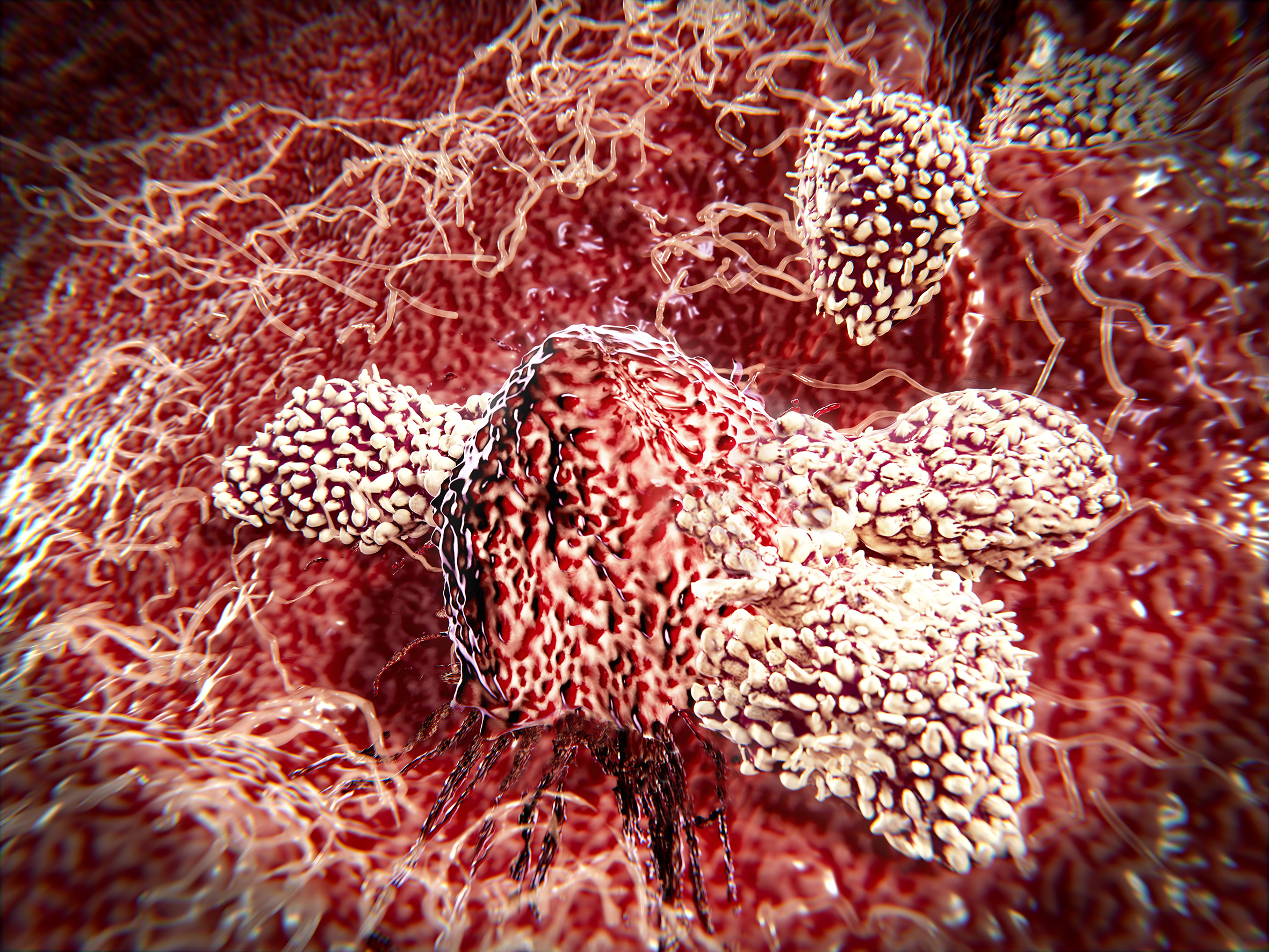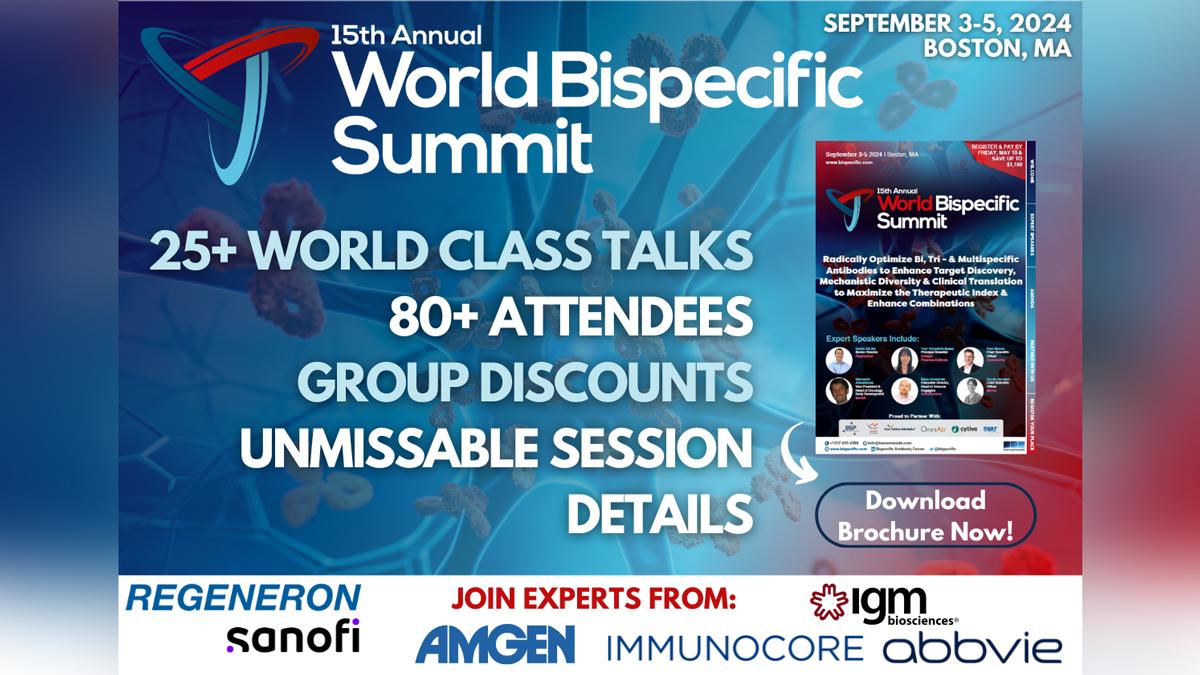UK and US spearhead search for drugs targeting RAS mutations

Cancer Research UK and its Cancer Research Technology Pioneer Fund have joined with the US National Cancer Institute (NCI) to test new molecules targeting RAS mutations.
These are “undruggable” mutations that often drive aggressive, hard to treat diseases including pancreatic and lung cancer.
Scientists at the NCI in Frederick, Maryland, USA will work with the Drug Discovery Unit at the Cancer Research UK Beatson Institute in Glasgow, Scotland to develop gold standard tests to analyse these novel RAS inhibitors.
RAS lacks an obvious site on its surface for drug molecules to fit into and inhibit its signalling, hence why it has been considered undruggable until now.
“Our team is determined to challenge the dogma that RAS is ‘undruggable,’ says Dr Martin Drysdale, head of the Drug Discovery Unit at the Cancer Research UK Beatson Institute.
"This collaboration is our biggest yet and will double our resource targeting RAS. We are excited to be joining forces with the NCI in their pioneering RAS Initiative.”
“Instead of scientists working and thinking in isolation, the NCI has created a research hub to pull together all the best science and expertise. My team is looking forward to contributing and working with Dr Frank McCormick, who leads the RAS Initiative and who has been at the forefront of cancer science for many years.”
RAS proteins are involved in transmitting signals within cells, and when activated turn on genes involved in cell growth, differentiation and survival.
Mutations in RAS genes can cause the protein to become permanently activated, resulting in cell growth and division, and cancer.
The new collaboration links up with the NCI’s RAS Initiative which brings scientists together from around the globe to help develop drugs targeting the faulty protein.
Launched in 2013, the initiative has established a hub of expertise that supports the international community in developments that could have huge clinical benefit.
The CRT Pioneer Fund, managed by Sixth Element Capital, will be responsible for the commercial exploitation of compounds that arise from the collaboration.












